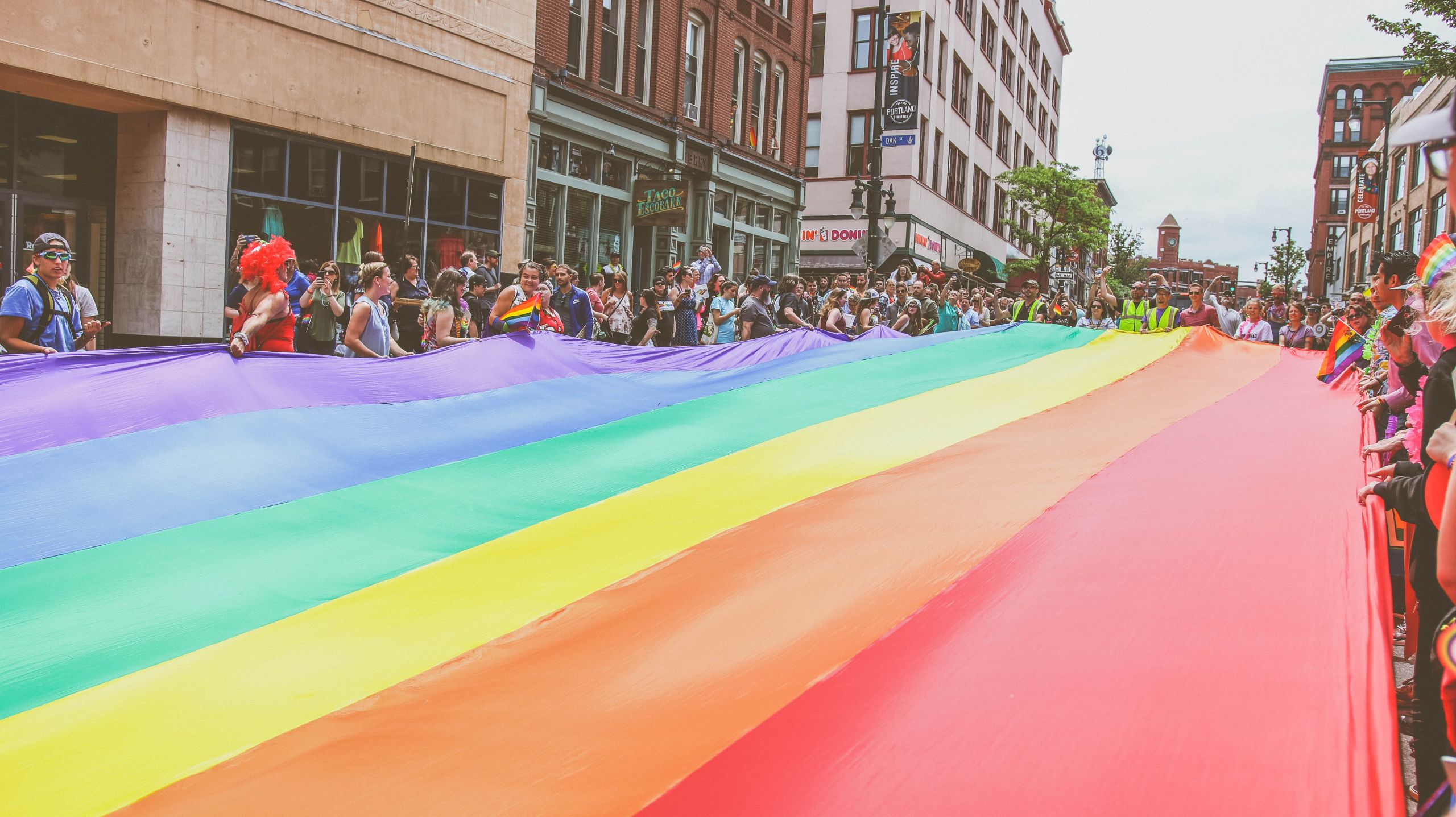Financial challenges faced by the LGBTQ+ community
A brief overview of some of the difficulties the LGBTQ+ community have faced, and continue to face, in the world of finance.
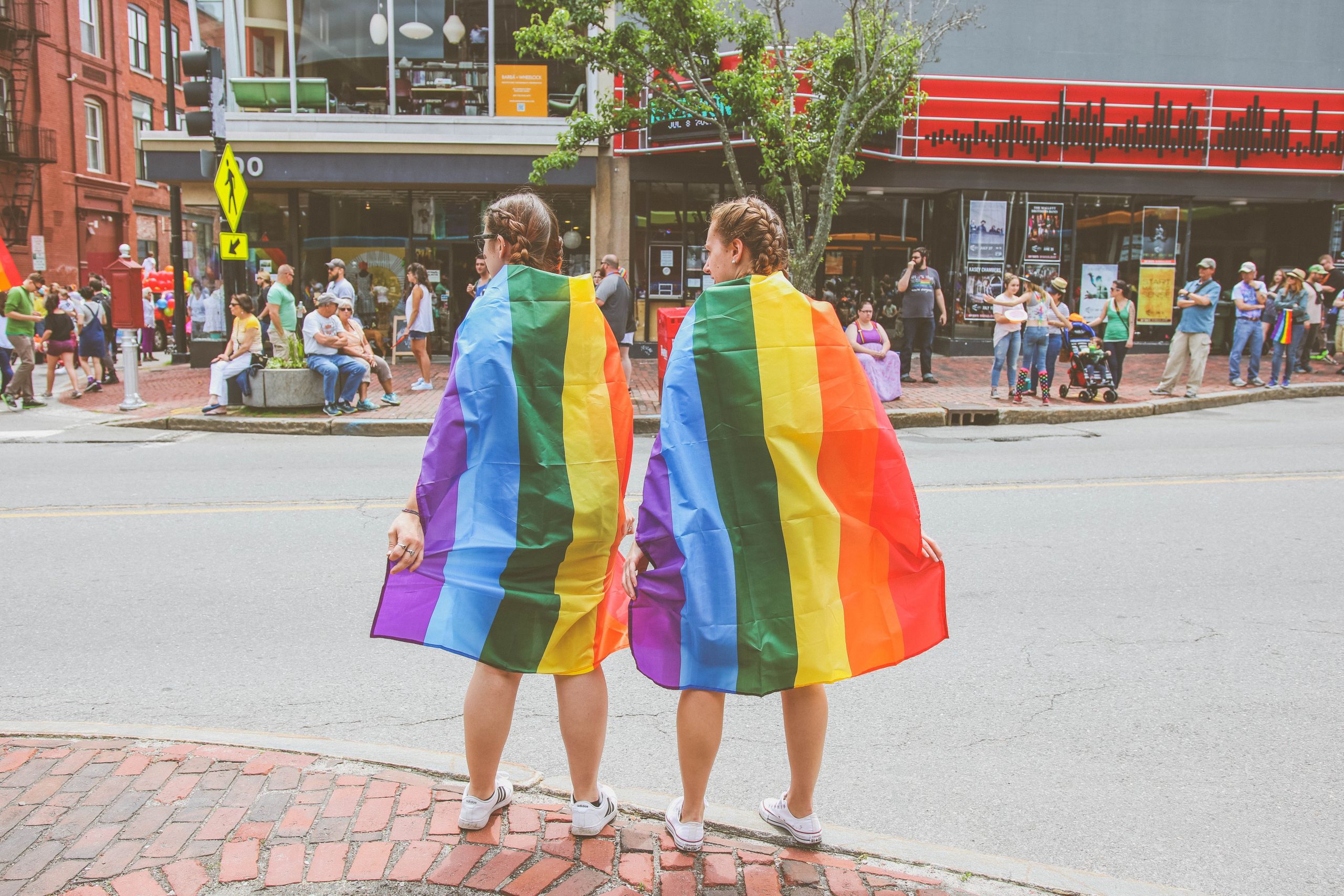
February is LGBTQ+ History Month and you might be wondering what finance has to do with that. The answer is a lot. Today, I'd like to touch on just a few of the issues related to finance that those in the LGBTQ+ community have faced in the past and continue to face today, that might not be acknowledged or realised.
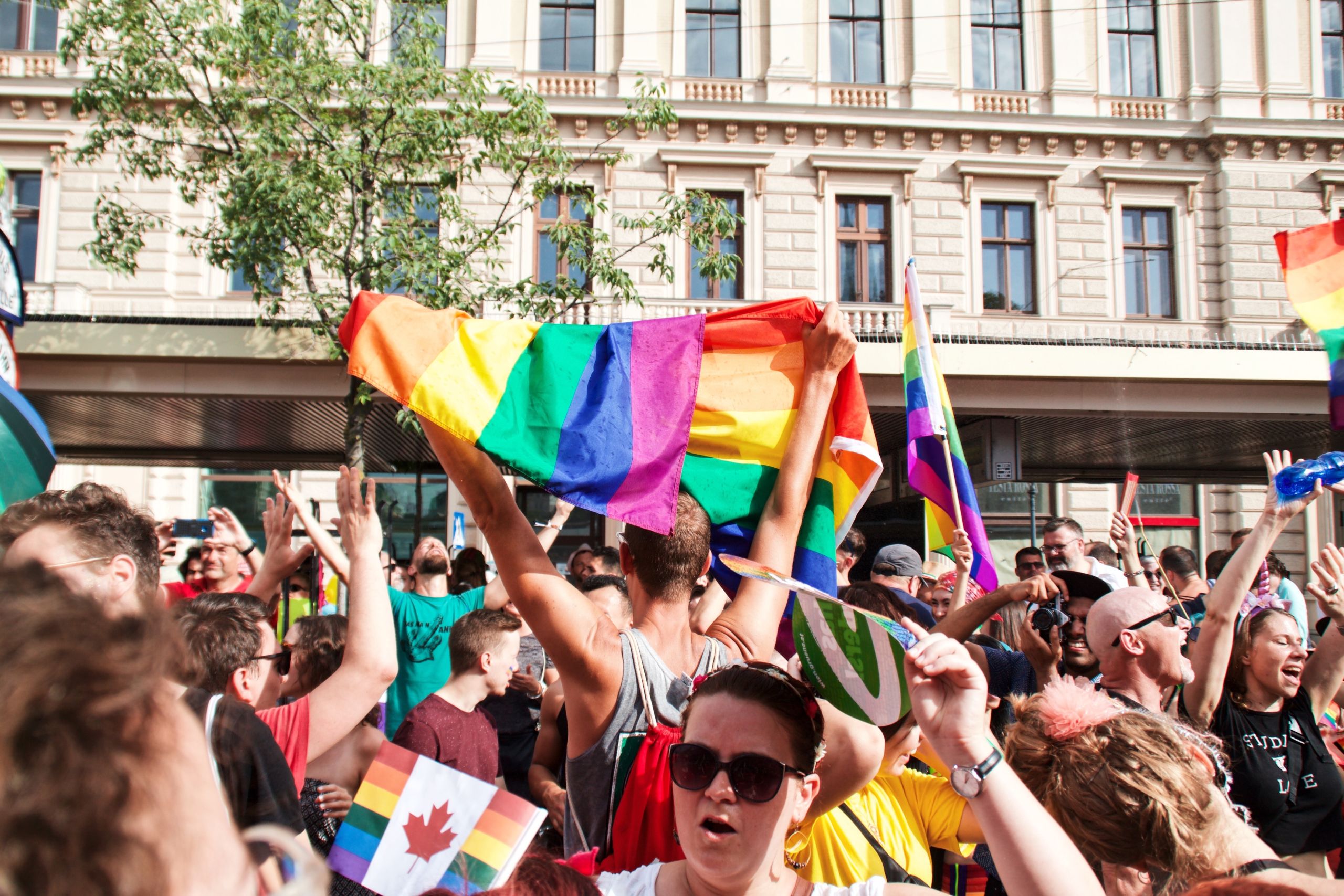
If you’ve watched It’s a Sin, you might remember the scene where Ritchie goes to get a mortgage for the Pink Palace. For those of you who haven’t watched It’s a Sin (you definitely should) the Pink Palace is a flat in London, that two of the characters from the show (one of whom is gay) want to buy. When Ritchie goes to get a mortgage, he’s asked a series of questions, including about his sexuality and whether he has ever had an HIV test. He lies and says no. HIV and AIDS were used as an excuse to drive discrimination against gay people, and this was then reflected in the housing market.
For most people, buying a house is a future goal, and, at the first step, there is a history of discrimination towards the LGBTQ+ community. Yes, Ritchie lies and gets the mortgage, but he shouldn’t have to. What does being gay have to do with getting a mortgage?
What’s even more shocking is that a quick google will show you that it wasn’t until between 2003 and 2007 that there was any legal protection introduced against homophobic discrimination in housing, employment, and the provision of goods and services. This is not an issue of the distant past.

Image: Unsplash
Image: Unsplash
In fact, the problem of discrimination against the LGBTQ+ community in finance can be seen through the creation of financial services specifically for the LGBTQ+ community. An example of this is LGBT Money who provide services specifically for the LGBTQ+ community. Their website states that they have a UK-wide network of chartered accountants to ‘be sure the rudeness and occasional hostility we sometimes encounter day-to-day will not be part of your client experience’.
As far as I can tell, this is an incredibly new company, and that just goes to show how needed and how important these services are today. Likewise, LGBTQ+ charities often offer financial support or advice, with information online to equip people when facing discrimination in financial services.
But services like these are a double-edged sword. The creation of these companies could result in discrimination in the financial sector not being tackled effectively. There is a chance that big companies will be fooled into believing discrimination is not an issue that affects them or their clients. In reality, it’s simply that their clients are not a part of the LGBTQ+ community, as they have gone to LGBTQ+ specific providers. However, with more awareness of these issues, there is hope that all services will work to ensure that the LGBTQ+ community will be able to use any financial service they wish efficiently, effectively, and without difficulty.
Whilst I have previously mentioned social discrimination that has bled into institutional finance, it’s important to acknowledge that finance is also personal. According to a 2018 TD Ameritrade survey, 29% of LGBTQ+ millennials felt financially secure, while 41% of those not identifying as LGBTQ+ felt financially secure. There are many reasons for this – the same survey found that LGBTQ millennials on average made $59,400 a year compared to non-LGBTQ millennials, who earned an average of $67,800.
However, I’d like to touch on a more difficult area to place statistics to, and that’s the importance today of financial help from your family. Nowadays, with education being so expensive, as well as housing and rent, many people rely on assistance from their families to live day by day. This could be in the form of money or the ability to live at your family home in your early adulthood, whilst you save for a house or can’t afford rent. LGBTQ+ youths may not always have a good relationship with their family and can find themselves with no support where their peers may have some. Obviously, not all people can rely on family support, whether they’re a part of the LGBTQ+ community or not, but it is something to keep in mind.
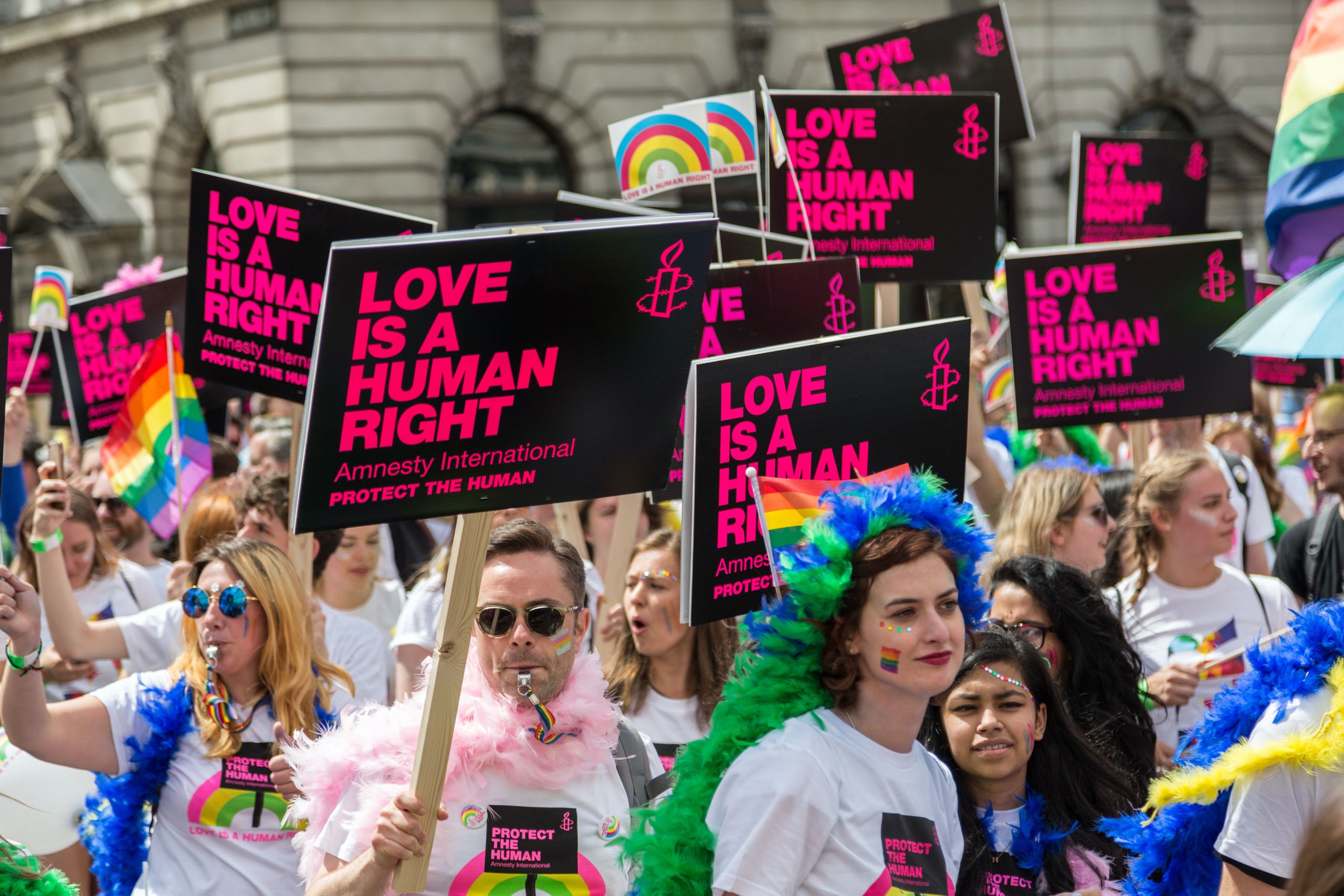

Likewise, on the note of personal finance, there are issues that may cost the individual that those outside of the LGBTQ+ may not have to worry about. For example, gender-affirming surgeries can be incredibly expensive. In the UK, it is possible to go through the NHS, but the waiting lists and processes can be slow, which can damage the mental health of those wishing to receive them. Going privately can be more efficient, but the associated costs for Gender-affirming surgeries can stack up quickly.
Similarly, a study by Stonewall found that half of LGBTQ+ people have experienced depression and three in five have experienced anxiety. This suggests that a higher proportion of people within the LGBTQ+ community may require services such as therapy, which can be free but can also come at a cost, especially if an individual requires a therapist who specialises in specific trauma, such as gender dysphoria.
One in seven LGBTQ+ people have avoided medical treatment for fear of discrimination, and it was only in the Equality Act of 2010 that healthcare providers had a legal duty to treat LGBTQ+ people fairly. Once again, legal protection for the LGBTQ+ community is still incredibly recent. Not only does this demonstrate that LGBTQ+ rights are still a current issue, but that there’s still a long way to go.

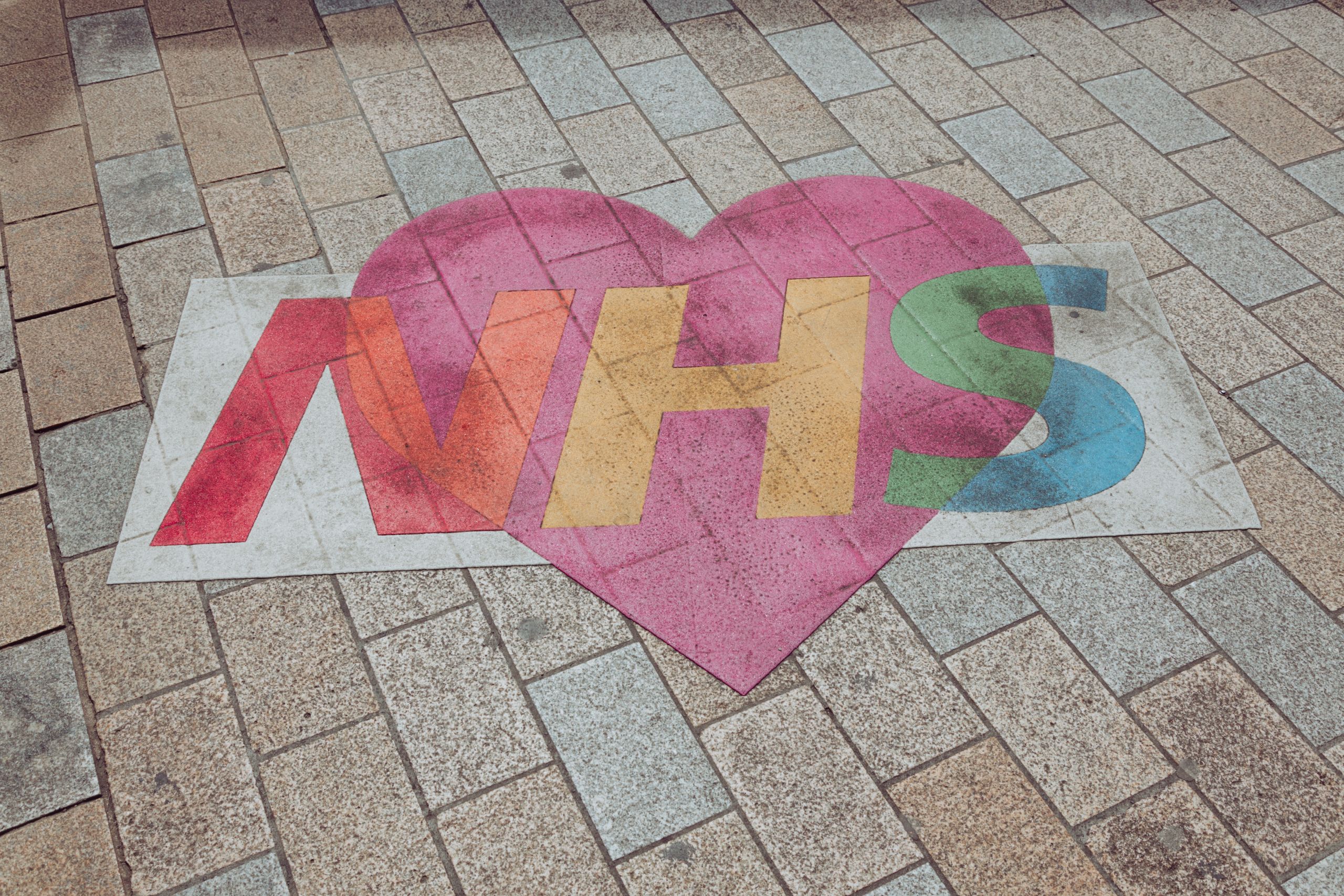
Image: Unsplash
Image: Unsplash
I’m very aware that not everything has been covered in this article because, unfortunately, discrimination permeates almost all aspects of life, whether on a large and systemic scale or a small and personal one. Additionally, it's important to acknowledge that LGBTQ+ issues are intimately intertwined with those of race, class, and patriarchy, and that many of the topics covered above overlap.
However, I don’t want to end this article on a completely sad and sour note. With social media and the internet, awareness of LGBTQ+ rights and the ability to access fair financial information and services has improved massively. Hopefully, this will only continue as we move forward.
